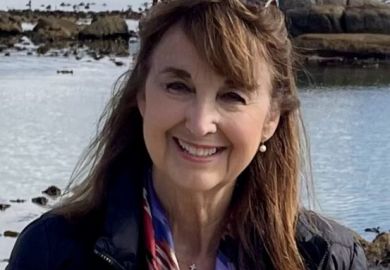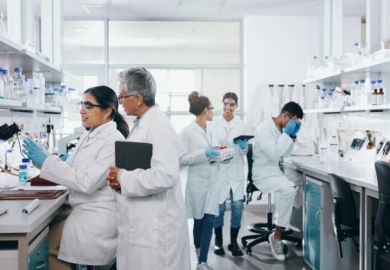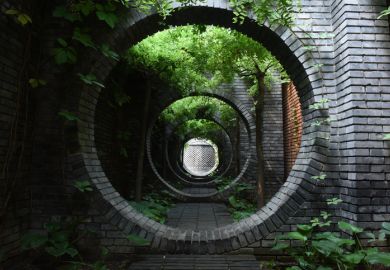There seems to be a paradox. Britons are living longer than ever before. Infant mortality rates have never been so low. The pregnant now expect delivery to be fulfilling, not lethal. Diphtheria, whooping cough and measles have never been so rare. And yet we seem to worry more about risks to our health than ever before. Mobile phones. Pesticide residues. Lead in the air. Genetically modified foods. The list is long. So why is there such a discrepancy between the actual robustness of our health and all these seemingly ever-increasing problems?
Some blame the media for unreasonably focusing on health issues and irresponsibly sensationalising them for the sake of viewing figures and readership statistics. Others blame ignorance on the part of the woman on the Clapham omnibus - if only the public knew more about the science, all would be well. There is a bit of truth in these notions and allegations - but not much.
Through an interest in food safety I have been fortunate enough to interact with many journalists and members of the public. I believe that the first are sinned against by their sources for sensationalist ends much more often than they are sinners, and that for the second it is very wrong to underestimate the capacity of people to find out about things. Access to the web is getting easier by the day.
So we have to seek broader explanations and remedies for our fears. It will not do just to focus on messengers with bad news, or to hope that extra scientific information will somehow substitute for the complex processes that go on in our heads when we do our private risk and probability assessments.
So, however much microbiologists, toxicologists or molecular biologists may dislike it - and a few still do - it is clear that studying risk without attending to the findings of sociologists, anthropologists and psychologists is doomed to failure. The insights they have brought to the subject are already profound. The explanatory power and richness of Mary Douglas and Aaron Wildavsky's ideas in Risk and Culture (1983) are typical.To liken pressure groups such as Greenpeace and Friends of the Earth to religious sects is a brilliant idea. All these organisations share a deep distrust of and hostility of to the establishment - sometimes to the point of direct action. To regard Lord Melchett as a latter-day George Fox is not unreasonable. For other sects that flourished in England in the 17th century the parallels are just as striking. Thus the Muggletonians held a view of experts that is familiar today: "If there were never a doctor of physic in the world, people would live longerI better in health."
The only difference between then and now is that the "environment" - a concept and a word that now has an almost overpowering odour of sanctity - has replaced the soul as the object that we strive to save.
All this means that a multidisciplinary approach is needed to understand and manage risk. Health, Risk and Society aims to provide this. Now in its second year, it has already covered a diversity of topics including the media, children at risk, violence, smoking, drugs and sexual abuse - primarily, but not exclusively, from a social-science standpoint - and it has devoted a whole issue to risk and the new genetics. Its editors hope that it will make a major contribution to an understanding of the ways in which society responds to and shapes health issues. The breadth and quality of most of its papers so far shows that it has got off to a flying start.
Hugh Pennington is professor of bacteriology, University of Aberdeen.
Health, Risk and Society: Three times a year
Editor - Andy Alaszewski
ISBN - ISSN 1369 8575
Publisher - Carfax
Price - £136.00 (institutions); £42.00 (individuals)
Pages - -
Register to continue
Why register?
- Registration is free and only takes a moment
- Once registered, you can read 3 articles a month
- Sign up for our newsletter
Subscribe
Or subscribe for unlimited access to:
- Unlimited access to news, views, insights & reviews
- Digital editions
- Digital access to THE’s university and college rankings analysis
Already registered or a current subscriber?



